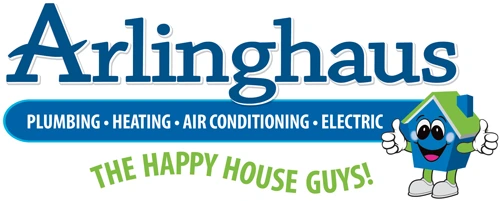A cool air conditioner in the summer can be awesome. A frozen air conditioning system is another matter entirely, and one that could leave you screaming in frustration. If your air conditioning unit is freezing up, you may notice it through inefficient cooling, constant cycling or even leaking water. These tips help you figure out what is going on, and what you need to do to fix it.
Common Causes of Frozen Air Conditioning Components
When your air conditioner has either stopped working or begun leaking, you have a problem that you need to solve quickly. Unfortunately, when it comes to icing, the culprit is almost always the evaporator coil, a piece of equipment that resides in the inside portion of your air conditioning unit, so you can’t always see when ice begins to accumulate. But addressing the most likely culprits, poor airflow or a low charge of refrigerant, can stop the problem from occurring.
Blocked or Inadequate Airflow
The evaporator coil contains the refrigerant that helps to remove heat from the air. The coils require a delicate balance of airflow and refrigerant to work properly. If the airflow from the return air vent is inadequate, this balance is thrown into chaos. With too much refrigerant and not enough air passing over the coils, the system freezes.
It takes extra force to melt the ice, which puts pressure on the system and can wear out components faster.
Low or Leaky Refrigerant
It may not make sense that a low level of refrigerant could cause the evaporator coil to ice over, but it is the case. That balance of refrigerant to air is dependent on a reliable level of coolant as well as regular airflow. When the refrigerant is running below the ideal due to a leak in the line or a low charge, the system cools it to below freezing more rapidly than it should. This can result in frozen coils.
Stopping the Cycle of Freezing and Thawing
Once the coils freeze over, the system will work to thaw out frozen parts in an effort to continue removing heat from the indoor air. As the system works harder, it overheats, melts the ice and shuts down. After the system has cooled down and starts to run again, the process starts over. If the cycle is not interrupted with regular maintenance and professional service, major parts like the motor could burn out and require replacement. What starts out as a minor inconvenience may quickly turn into an expensive hassle.
Promoting Airflow
Lousy airflow is one of the easiest issues to spot and correct in a hurry. Your return air vent may be located very close to the evaporator coil, which is often set next to your furnace. If the vent is blocked by a box or other piece of equipment, you can simply remove it and see if it eliminates the problem. Check your air filter as well. A dirty air filter is hard to pass air through, reducing airflow. It also increases the likelihood of a dirty evaporator coil, which can collect condensation and freeze that way as well. Replace your air filters at least once a season, to protect your system in general.
Checking Refrigerant
Unless you can see refrigerant actively leaking near your exterior air conditioning unit, you may not be able to confirm that this is the cause. However, an HVAC technician can quickly identify it. Charging refrigerant and checking for leaks are both a part of regular air conditioner maintenance. In short, scheduling service from an HVAC professional once a year might be all you need for prevention—or to stop the freezing from ruining your summer.
Does a Freezing Air Conditioner Coil Require Professional Service?
The air conditioning system is built to work with very little input from the homeowner. Once problems like a frozen evaporator coil start to present themselves, it’s often impractical for owners to try to fix it themselves. They may cause more damage or simply fail to fix the cycle of freezing and thawing. For example, while it’s easy enough to replace an air filter to help improve airflow, this may not be enough to fix the problem if the coil has already become dirty. The coils must then be cleaned carefully to avoid damaging the components. If you suspect leaky refrigerant, a substance that can be dangerous in inexperienced hands, you would be better off letting a professional deal with it safely and effectively from the beginning.
No one wants to have a frozen air conditioning system that is inches away from breaking, right at the start of summer. An icy cold or frozen evaporator coil has the potential to stop your air conditioning from working at all, especially if you let it go on for too long. With regular maintenance and repair for your air conditioning when you need it, you can enjoy better cooling without the worry.


